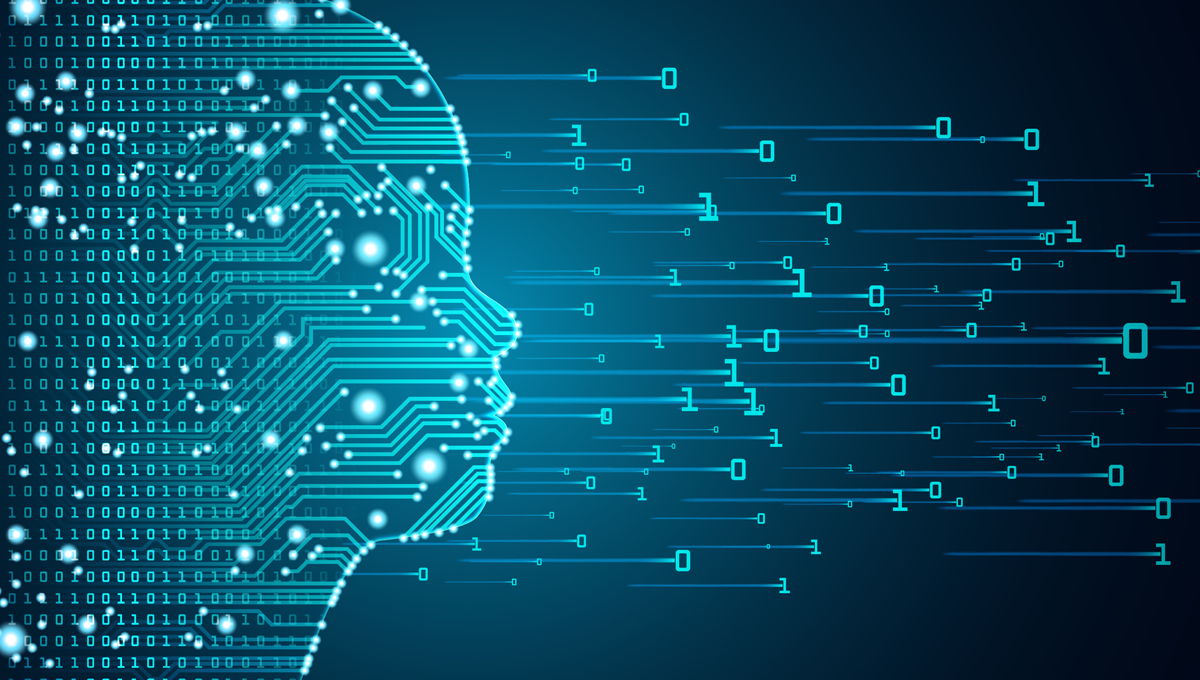Dear Friends,
Recently my children returned to school after their summer vacation, and I was surprised at how many QR codes I had to navigate. Suddenly the once unpopular QR codes have made a comeback!
I complete a form asking something mundane like ‘Location of pick-up of child,’ and wonder who else knows of this location. This wonderment makes me read more about the black-and-white barcodes resembling boxes full of squiggles, squares and dots commonly referred to as a QR (Quick Response) code. Invented in 1994 by engineers at the Japanese company Denso Wave, a Toyota parts supplier, QR codes are now widespread for accessing a wide range of services, including school transportation, ordering take-out, gaming, and event entry. Apparently, it took COVID to make QR codes the contact-free way of sharing information; thereby, making them indispensable. As more and more users scan QR codes (by 2025, predicted to be scanned by 99.5 million smart phone users), the codes themselves are becoming more innovative.
So, what about user information, data, and choice privacy?
People are progressively getting comfortable with QR codes without understanding that there may be malicious uses of the same. Their growing popularity increases the chances of hackers gaining access to information for all sorts of activities, like installing spyware and tracking behaviour. Companies share the information they retrieve with other marketing companies, not aware that they are being used as a cog in this huge ecosystem. Also, any sensitive information, collected and monetized by the QR code-generation companies, has the potential of being stolen with ease.
QRishing (an interesting new term I learnt about) presents the ability for bad actors to leverage information extrapolated from a given data point to make important assumptions about data subjects, like their risk-taking appetite!
I understand QR codes can be helpful, but like any technology they may be used against us. Has your government issued any QR code warnings? I would be interested in learning more. In any event, we all need to exercise caution with QR codes, especially while making any payments linked to a QR code.
Talking of payments, have you registered for the IBA Annual Conference in Miami? With less than a month left, I encourage those of you who haven’t registered to do so soon at https://www.ibanet.org/conference-details/CONF2137.
See you soon in sunny Miami, if not earlier in Merida at the Technology Law Committee 2022 Retreat.
Warm regards,
Sajai Singh
Co-Chair, IBA Technology Law Committee












Sajai's broad-based practice focuses on Mergers, Acquisitions, Joint Ventures, strategic alliances, restructurings and financings (whether debt or equity), with particular emphasis on cross- border transactions.